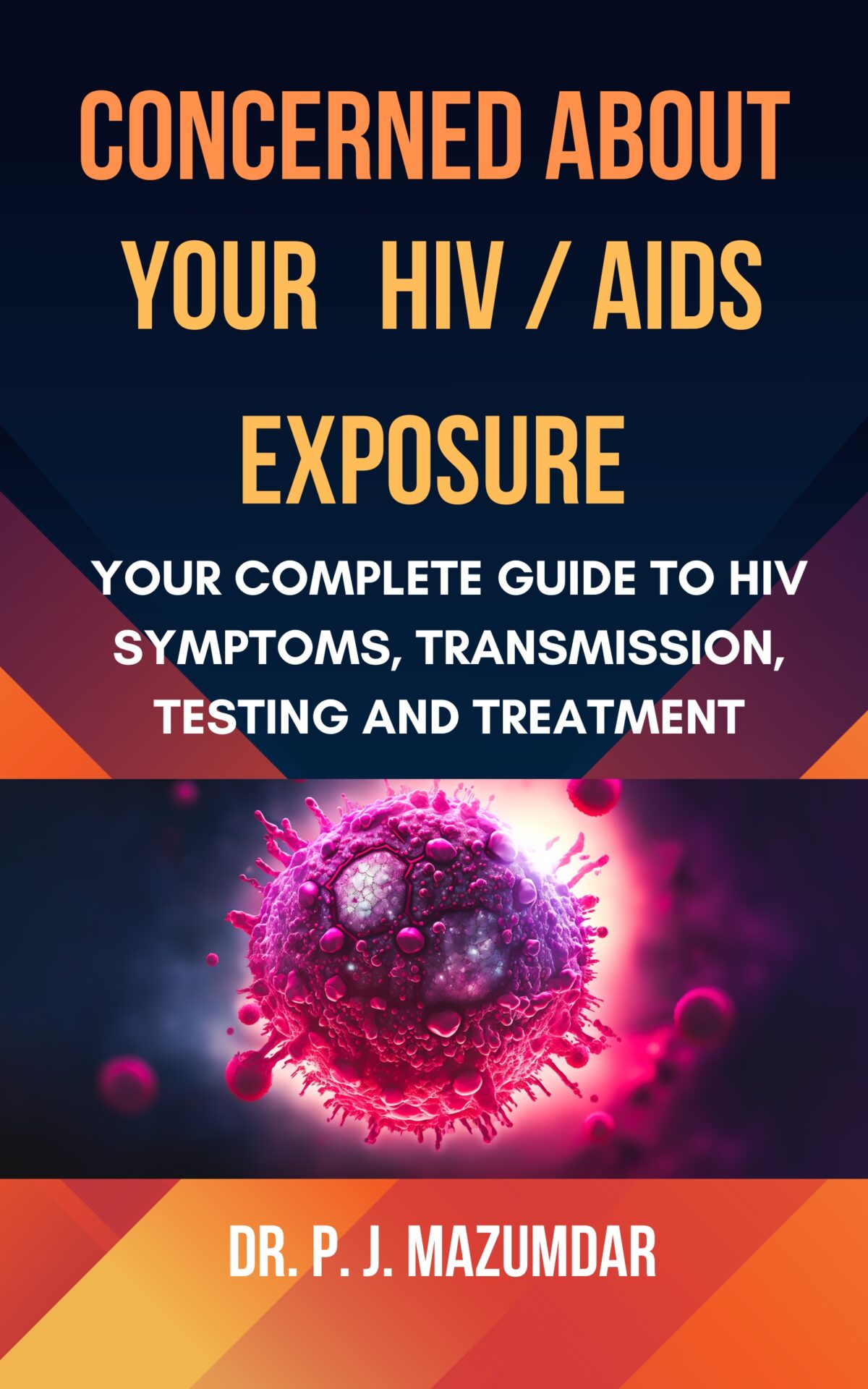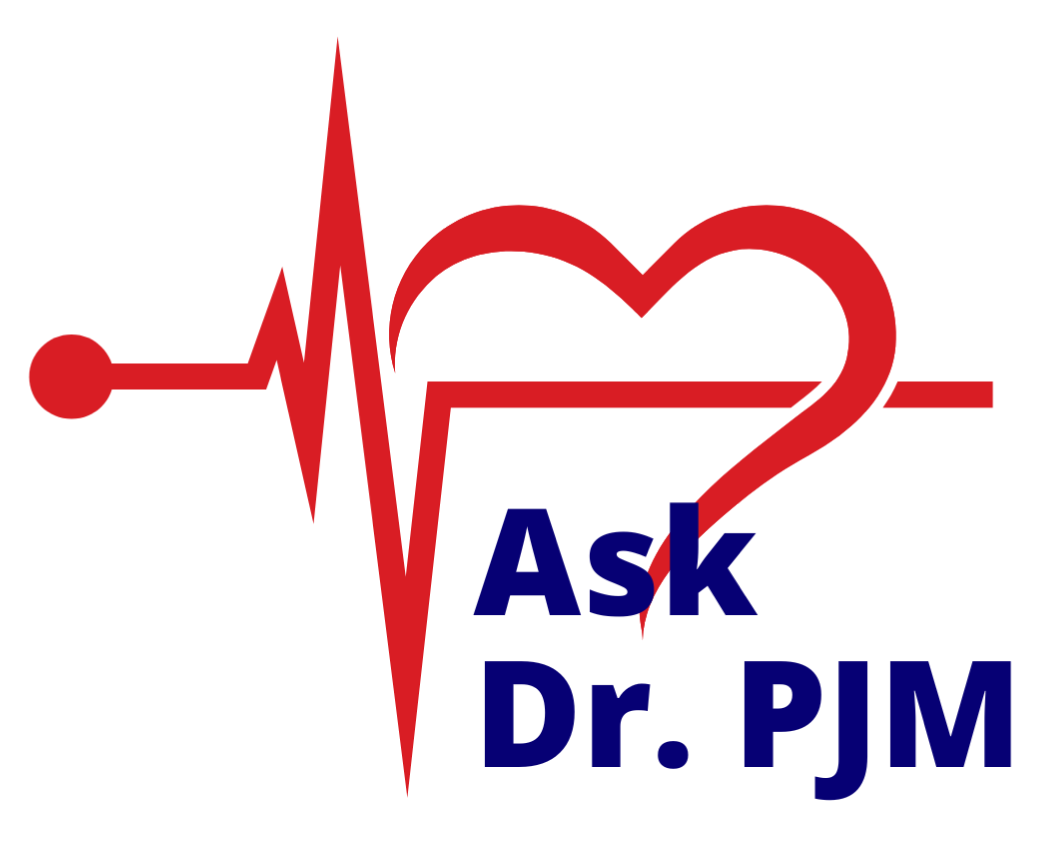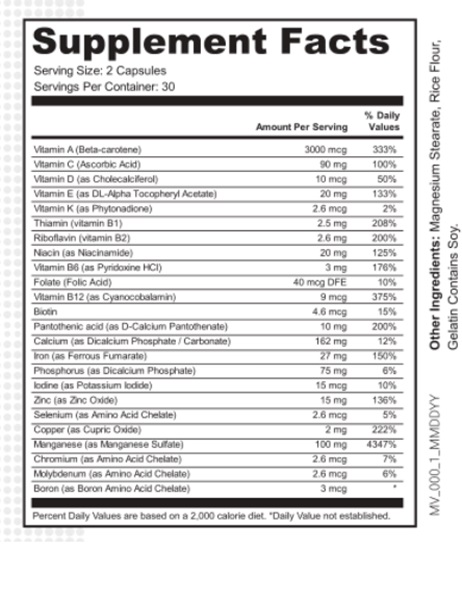HIV Symptoms in Men and Women: A Comprehensive Guide
HIV (Human Immunodeficiency Virus) is a virus that attacks the immune system, leaving the body vulnerable to infections and diseases. Understanding the symptoms of HIV is essential for early detection and effective management. This guide provides a detailed look at the symptoms of HIV in men and women, exploring both the early and advanced stages to help you recognize signs, seek timely care, and stay informed about HIV.
Table of Contents
- What is HIV?
- Early HIV Symptoms
- HIV Symptoms in Men
- HIV Symptoms in Women
- Advanced HIV Symptoms and AIDS
- When to Get Tested
- Conclusion: Managing HIV with Knowledge and Care
1. What is HIV?
HIV is a virus that attacks and weakens the body’s immune system, specifically targeting CD4 cells, which play a crucial role in immune defense. Left untreated, HIV can progress to AIDS (Acquired Immunodeficiency Syndrome), a more severe condition where the body is unable to defend itself against infections. While there is currently no cure for HIV, advancements in antiretroviral therapy (ART) have made it possible for individuals with HIV to live long, healthy lives.
2. Early HIV Symptoms
Recognizing Initial Symptoms of HIV
The initial symptoms of HIV, often called acute HIV infection or primary HIV infection, can appear within 2-4 weeks after exposure. During this early stage, the virus multiplies rapidly, and the body responds with a range of flu-like symptoms, known as acute retroviral syndrome (ARS). Recognizing these symptoms can lead to early testing and treatment, which are crucial for managing HIV effectively.
Common Early Symptoms
- Fever: A sudden fever is often the first sign. The body responds to the virus with an elevated temperature as it attempts to fight off the infection.
- Fatigue: HIV can cause severe fatigue, making everyday activities feel exhausting.
- Swollen lymph nodes: Lymph nodes in the neck, armpits, and groin may swell as the immune system works harder.
- Sore throat: Many people experience a persistent sore throat that does not improve with typical remedies.
- Rash: A non-itchy rash on the upper body is common in the early stages of HIV.
- Headache: Intense headaches may occur due to inflammation and the body’s immune response.
These early symptoms are often mistaken for flu or a cold. Not everyone will experience these symptoms, and some may have only mild symptoms or none at all.
Have Questions or Concerns About HIV?
Worried about HIV testing, symptoms, transmission, or treatment? Need personalized answers from an expert you can trust? Dr. PJM is here to help. With over 28 years of experience, Dr. PJM offers reliable, personalized guidance tailored to your HIV concerns.
This is a paid consultation service, ensuring you get dedicated attention and expert advice.
Visit the Home Page and Ask Dr. PJM Now!Get the Answers You Need, Today!
3. HIV Symptoms in Men
HIV symptoms can differ in men and women, particularly in later stages. Here are some HIV symptoms commonly observed in men:
Physical Symptoms of HIV in Men
- Skin Issues: HIV often causes skin problems in men, including rashes, sores, or bumps. These can appear on the face, genitals, and other areas of the body.
- Weight Loss: Unexplained weight loss, often referred to as “wasting,” is common as HIV progresses.
- Frequent Infections: Men with HIV may experience recurring infections like pneumonia, tuberculosis, and thrush (a fungal infection).
Specific Symptoms of HIV in Men
- Genital Ulcers: Ulcers on the penis or surrounding area may occur, and these can be particularly painful.
- Reduced Libido: HIV can cause hormonal changes that reduce sexual desire in men.
- Low Testosterone Levels: Men with HIV are more prone to low testosterone, which can lead to fatigue, depression, and reduced muscle mass.
Men might experience certain symptoms more intensely or differently than women due to differences in hormonal responses and immune system reactions.
4. HIV Symptoms in Women
For women, HIV symptoms may manifest in unique ways, especially as the disease progresses. Hormonal and reproductive factors often influence the type and severity of symptoms experienced by women.
Physical Symptoms of HIV in Women
- Persistent Yeast Infections: Women with HIV often experience chronic yeast infections (candidiasis) that are difficult to treat.
- Pelvic Inflammatory Disease (PID): HIV increases the risk of PID, an infection of the female reproductive organs that can cause abdominal pain, fever, and irregular menstrual cycles.
- Human Papillomavirus (HPV) and Cervical Cancer: Women with HIV are more susceptible to HPV, which increases the risk of cervical cancer.
- Menstrual Changes: HIV can disrupt menstrual cycles, leading to irregular periods or heavier-than-normal bleeding.
Specific Symptoms of HIV in Women
- Genital Sores and Ulcers: HIV-positive women may experience genital sores that increase the risk of secondary infections.
- Bacterial Vaginosis: This imbalance in vaginal bacteria is more common in women with HIV and can cause unusual discharge and odor.
- Fatigue and Depression: Women with HIV often report chronic fatigue and depression, influenced by hormonal changes and the body’s response to the virus.
Early detection of these symptoms in women is essential, especially because HIV may progress faster in women due to factors like hormonal fluctuations and higher viral loads in some cases.
Worried After a Possible HIV Exposure?
Are you concerned about a possible HIV exposure? Do you seek reliable information to navigate your concerns and make informed decisions about your health? Look no further. Dr. P. J. Mazumdar, a highly experienced physician with over 28 years of expertise, offers a meticulously researched book that provides essential guidance and support.

5. Advanced HIV Symptoms and AIDS
If left untreated, HIV can progress to AIDS, marked by a severely weakened immune system. This stage brings more severe symptoms and a higher risk of life-threatening infections.
Common Symptoms of Advanced HIV and AIDS
- Persistent Fever: Chronic high temperatures that don’t resolve with treatment can indicate immune system failure.
- Night Sweats: These intense sweating episodes are common in people with advanced HIV and can disrupt sleep.
- Chronic Diarrhea: Persistent diarrhea lasting more than a month can result from various infections and contribute to weight loss.
- Severe Weight Loss: Significant, unexplained weight loss (wasting) is common in the later stages.
- Neurological Issues: AIDS can lead to neurological issues like memory loss, confusion, and difficulty concentrating.
- Opportunistic Infections: These are infections that a healthy immune system could usually combat, including tuberculosis, pneumonia, and certain types of cancer, like Kaposi’s sarcoma.
Advanced HIV symptoms are an indicator of severe immune system damage, and immediate medical attention is required to manage these symptoms and improve quality of life.
6. When to Get Tested
Testing for HIV is essential for anyone who has been exposed to the virus or is experiencing symptoms associated with HIV. Early testing is beneficial for both personal health and public health.
Reasons to Get Tested
- High-Risk Behaviors: If you have engaged in high-risk behaviors like unprotected sex, shared needles, or exposure to infected blood.
- Presence of Symptoms: If you’re experiencing early or advanced symptoms of HIV, testing can provide clarity.
- Routine Health Check: Regular HIV testing is recommended, especially for individuals at higher risk, such as healthcare workers and those with multiple sexual partners.
Types of HIV Tests
- Rapid HIV Test: Provides results within minutes, often through a blood or oral swab sample.
- ELISA Test: Detects HIV antibodies in the blood and is highly accurate.
- Home Testing Kits: Available for privacy and convenience, these allow testing at home with lab-verified results.
Testing enables early diagnosis and treatment, which can drastically improve health outcomes and reduce the risk of spreading the virus.
7. Conclusion: Managing HIV with Knowledge and Care
HIV is a manageable condition, especially when diagnosed early. Recognizing symptoms of HIV in men and women can lead to timely testing, proper treatment, and a healthier, longer life. While symptoms may vary between men and women, understanding the early and advanced signs of HIV helps ensure that individuals can take control of their health.
If you suspect exposure to HIV or are experiencing symptoms, talk to a healthcare provider and get tested. Today’s antiretroviral therapies make it possible to live a long, fulfilling life with HIV, and early intervention is key to achieving the best health outcomes. With awareness, education, and compassionate care, we can continue to reduce the stigma around HIV and empower those affected by the virus.
Boost Your Immunity and Health with Vital Micronutrients
A good balanced diet plays a vital role in our lives. It is crucial for our immunity, which protects us not only from infectious diseases but also from chronic conditions like cancer and autoimmune diseases. Proper nutrition keeps our organs healthy, provides energy, supports our reproductive system, keeps us strong, and benefits us in countless other ways.
A well-rounded diet supplies essential micronutrients like vitamins and minerals. But in the fast pace of modern life, few of us can claim to maintain a perfect diet. That’s where supplements come in. Ensuring we get these critical nutrients helps prevent deficiencies that could negatively impact our health.
One highly recommended product is Vital Force. It contains all the essential vitamins, minerals like magnesium and calcium, and powerful antioxidants like curcumin, all in a balanced composition. Taking two capsules a day can strengthen your immunity and support a healthy, productive life.
This is an affiliate link, and I will earn a small commission if you make a purchase.
Buy Vital Force Now!Always consult your healthcare provider before starting any new supplement. This is for informational purposes only and not a substitute for professional medical advice.







